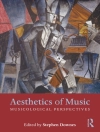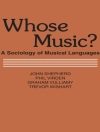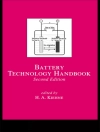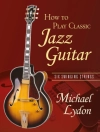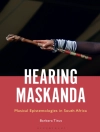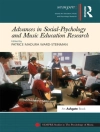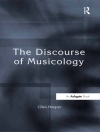This book examines the role music has played in the formation of the political and national identity of the Bahamas. Timothy Rommen analyzes Bahamian musical life as it has been influenced and shaped by the islands’ location between the United States and the rest of the Caribbean; tourism; and Bahamian colonial and postcolonial history. Focusing on popular music in the second half of the twentieth and early twenty-first centuries, in particular rake-n-scrape and Junkanoo, Rommen finds a Bahamian music that has remained culturally rooted in the local even as it has undergone major transformations. Highlighting the ways entertainers have represented themselves to Bahamians and to tourists,
Funky Nassau illustrates the shifting terrain that musicians navigated during the rapid growth of tourism and in the aftermath of independence.
Mục lục
List of Illustrations
Preface
Acknowledgments
Map of the Bahamas
1. Nassau’s Gone Funky: Sounding Some Themes in Bahamian Music
2. ‘Muddy da Water’: Provincializing the Center, or Recentering the Periphery through Rake-n-Scrape
3. ‘Calypso Island’: Exporting the Local, Particularizing the Region, and Developing the Sounds of Goombay
4. ‘Gone ta Bay’: Institutionalizing Junkanoo, Festivalizing the Nation
5. ‘A New Day Dawning’: Cosmopolitanism, Roots, and Identity in the Postcolony
6. ‘Back to the Island’: Travels in Paradox—Creating the Future-Past
Epilogue
Notes
Bibliography
Index
Giới thiệu về tác giả
Timothy Rommen is Associate Professor in the Department of Music at the University of Pennsylvania. He is the author of Mek Some Noise: Gospel Music and the Ethics of Style in Trinidad (UC Press), which in 2008 was awarded the Alan Merriam Prize from the Society for Ethnomusicology.


